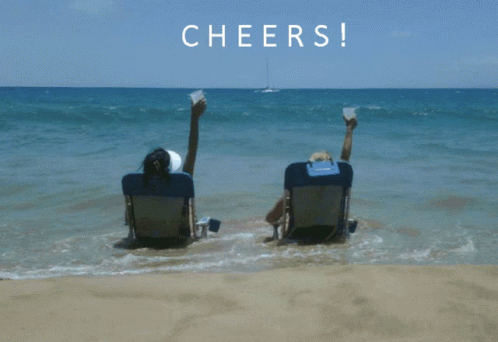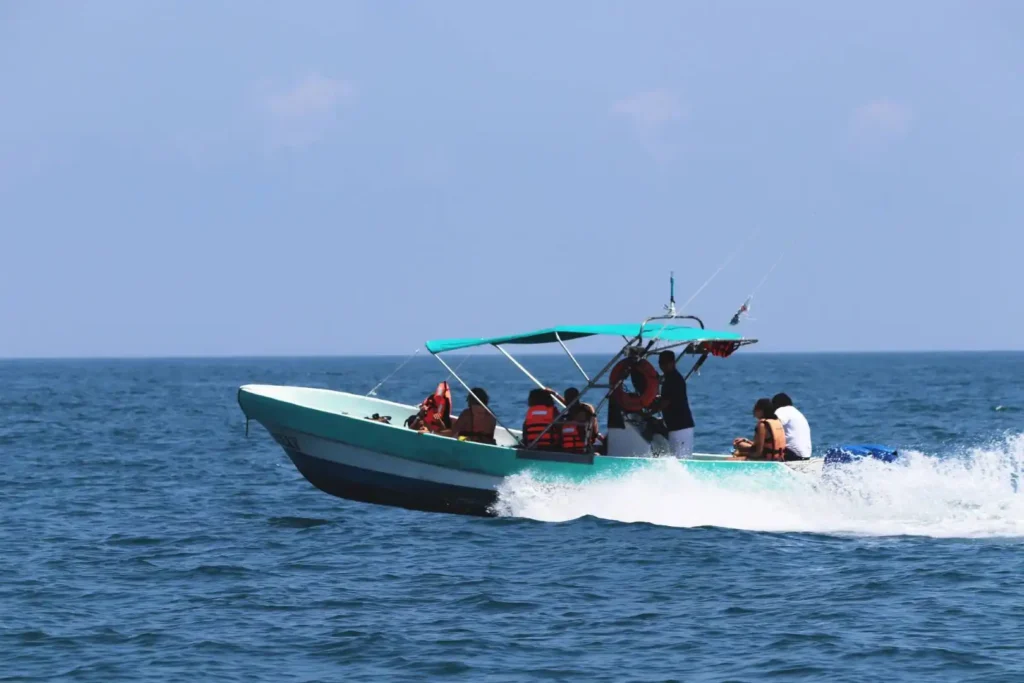Boating enthusiasts have a deep appreciation for the beauty and tranquility of waterways, and with this appreciation comes the responsibility to protect the shoreline. The shoreline is a vital ecosystem that provides habitat for various species and serves as a natural barrier against erosion. In this article, we will explore the importance of the shoreline, the threats it faces, and the role of responsible boaters in preserving and protecting this valuable resource.
Understanding the Shoreline
The shoreline is the transition zone between land and water, where the land meets a lake, river, ocean, or other bodies of water. It is a dynamic and fragile environment that plays a crucial role in maintaining the overall health of the water ecosystem. The shoreline includes various features such as beaches, marshes, dunes, and vegetation, which contribute to its ecological significance.

Importance of the Shoreline
The shoreline is not only aesthetically pleasing but also serves several important functions. It acts as a buffer, protecting inland areas from the erosive forces of waves and currents. The vegetation along the shoreline helps filter pollutants and sediment, improving water quality. Additionally, the shoreline provides habitat for many plant and animal species, including migratory birds and aquatic organisms.
Threats to the Shoreline
The shoreline faces numerous threats due to human activities and natural processes. Erosion caused by waves, storms, and rising sea levels can degrade the shoreline, leading to the loss of valuable land and habitat. Pollution from boating activities, such as fuel spills and improper waste disposal, can contaminate the water and harm the shoreline ecosystem. Furthermore, unregulated development and recreational activities can disrupt natural processes and degrade the shoreline’s ecological integrity.
Role of Responsible Boaters

Responsible boaters play a vital role in protecting the shoreline and preserving its ecological balance. By adopting environmentally friendly practices and promoting conservation efforts, boaters can contribute to the long-term sustainability of our waterways. Here are some ways responsible boaters can help protect the shoreline:
- Follow regulations and guidelines: Familiarize yourself with local regulations and guidelines pertaining to boating and shoreline protection. Adhere to speed limits, no-wake zones, and restricted areas to prevent shoreline erosion and disturbance to sensitive habitats.
- Reduce pollution: Minimize your impact on the shoreline by properly disposing of waste, including garbage, fishing lines, and other debris. Use designated waste receptacles and recycling facilities, and never throw trash overboard. Opt for eco-friendly cleaning products and avoid using harmful chemicals that can harm the water and shoreline.
- Prevent fuel and oil spills: Practice proper fueling procedures to prevent spills. Use absorbent pads or fuel collars when refueling and inspect your boat regularly for leaks or malfunctioning equipment. Promptly address any spills or leaks to prevent contamination of the water and shoreline.
- Avoid damaging vegetation: Be mindful of the vegetation along the shoreline. Avoid anchoring or tying ropes to fragile plants as it can uproot or damage them. Maintain a safe distance from sensitive areas such as seagrass beds or nesting sites for birds.
- Practice responsible anchoring: When anchoring, choose designated anchoring sites or areas with a sandy or rocky bottom to minimize damage to delicate habitats like coral reefs or underwater vegetation. Use anchor lines with appropriate lengths to prevent dragging and damaging the seabed.
- Practice sustainable fishing: If you enjoy fishing, follow catch-and-release practices and adhere to local fishing regulations. Avoid fishing in protected areas or sensitive habitats. Properly dispose of fishing lines and tackle to prevent entanglement of wildlife.
Protecting the Shoreline
Responsible boaters can actively participate in protecting the shoreline through the following conservation practices:
- Participate in shoreline cleanups: Take part in organized shoreline cleanup events or initiate them within your boating community. Remove debris and litter from the shoreline, preventing it from polluting the water or harming wildlife.
- Support local conservation initiatives: Contribute to local conservation organizations or initiatives dedicated to preserving and restoring the shoreline. These organizations work towards implementing sustainable practices, conducting research, and raising awareness about the importance of shoreline protection.
- Promote education and awareness: Share knowledge about the significance of the shoreline and the impact of boating activities on its health. Encourage fellow boaters to adopt responsible practices and inform them about regulations, conservation efforts, and the importance of preserving this vital ecosystem.
As stewards of the waterways, responsible boaters have a crucial role in protecting the shoreline. By following regulations, minimizing pollution, respecting fragile habitats, and actively participating in conservation efforts, boaters can help preserve the ecological balance of the shoreline. Together, we can ensure that future generations can continue to enjoy the beauty and benefits of healthy and thriving shorelines.
You may also like,
- How Does Alcohol Use Affect Boat Operators and Passengers?
- What Is Beaching of A Ship and Why Beaching is done?
- Top 5 Biggest LNG Ships in the World
- Can Hospital Ships Be Attacked?
FAQs
FAQ 1: How can boaters prevent shoreline erosion?
Boaters can help prevent shoreline erosion by obeying speed limits near the shore, avoiding excessive wakes in sensitive areas, and anchoring in designated areas with a sandy or rocky bottom. Additionally, supporting shoreline restoration projects and participating in erosion control initiatives can contribute to long-term protection.
FAQ 2: What are some eco-friendly boating practices?
Eco-friendly boating practices include reducing fuel consumption, using environmentally friendly cleaning products, properly disposing of waste, practicing responsible fishing, and avoiding damaging marine habitats or sensitive areas.
FAQ 3: How can responsible boaters reduce pollution?
Responsible boaters can reduce pollution by properly disposing of waste, including garbage, fishing lines, and other debris, using designated waste receptacles, minimizing fuel spills, and avoiding the use of harmful chemicals. Following clean boating practices and adhering to regulations regarding sewage disposal can also help reduce pollution.
FAQ 4: Are there any regulations for protecting the shoreline?
Yes, many regions have regulations in place to protect the shoreline. These regulations may include speed limits, no-wake zones, restrictions on anchoring or fishing in certain areas, and guidelines for waste disposal. It is important for boaters to familiarize themselves with local regulations and comply with them to ensure the protection of the shoreline.
FAQ 5: What should boaters do if they spot shoreline damage?
If boaters spot shoreline damage, such as erosion, pollution, or signs of habitat destruction, they should report it to the appropriate authorities, such as local conservation organizations, environmental agencies, or park authorities. Providing specific information about the location and nature of the damage can help expedite the response and necessary actions to address the issue.
